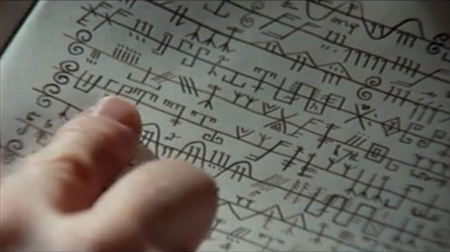Today I learned from a colleague about the ecological concept of “adaptation”. Scientifically, this concept is very straightforward, but politically it can be devilishly tricky.
Adaptation relates to climate change. Most scientists agree that research results strongly indicate climate change to be a serious issue in the coming decades.
For the purposes of this discussion, let us agree to put aside arguments by people who refuse to even look at these research results, out of suspicion that scientists are engaged in some sort of vast conspiracy. Those people have their own blogs. 🙂
OK, back to the science. It’s one thing to agree on what is happening, and quite another to agree what to do about it. Politically it is relatively straightforward to say “we must stop the advance of climate change”. After all, even a small rise in sea level can cause flooding over vast coastal areas throughout the world.
My colleague told me that it is unclear at this point how effective such a strategy can be. The evidence suggests that even with our best efforts, there will be climate change. So a comprehensive response would logically also involve humans adapting to the Earth’s changing condition.
But to advance such a strategy of adaptation is, apparently, politically untenable. Imagine you are a scientist explaining what the evidence indicates about the more devastating effects of climate change. It is rather awkward if you then appear to say “Well, maybe we can live with it.”
Yet apparently some entrepreneurs are already creating business models for how best to capitalize on the advent of shrinking coast lines, displaced wildlife, ruined cities, and radically disrupted ecosystems. Whenever there is radical change of any sort, there is money to be made.
The argument has even been made that this sort of planning is better for everybody, as well as a boon to the economy, since active adaptation is better than passive waiting for devastation.
When I heard this, my very first, rather cynical, thought was: “A rising ocean lifts all boats.”

